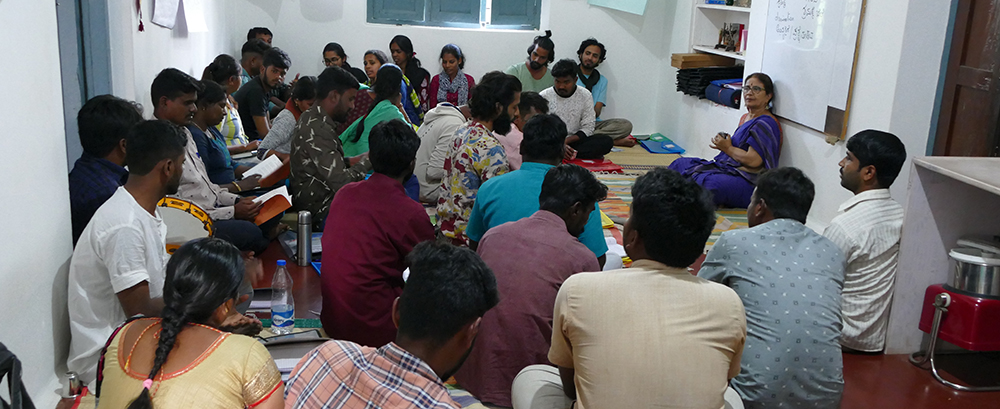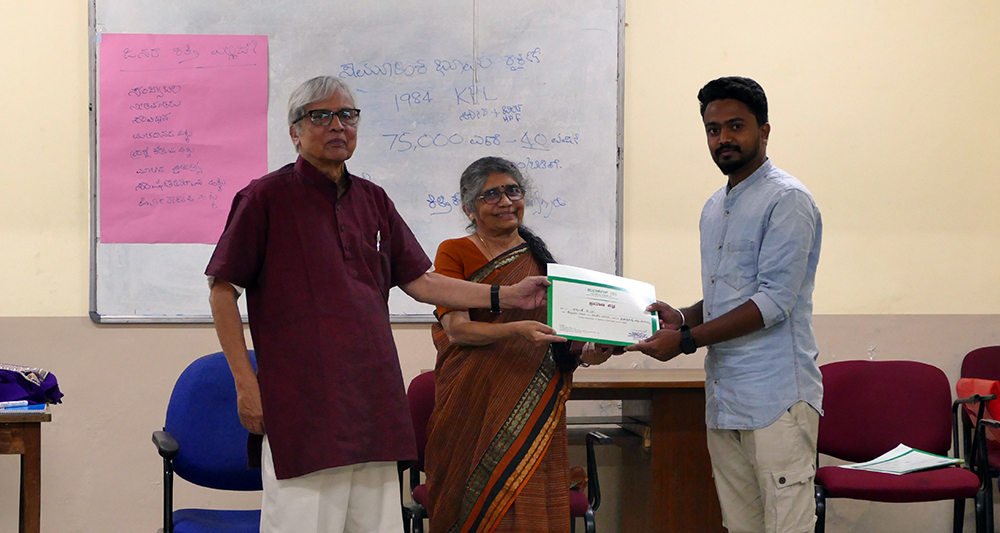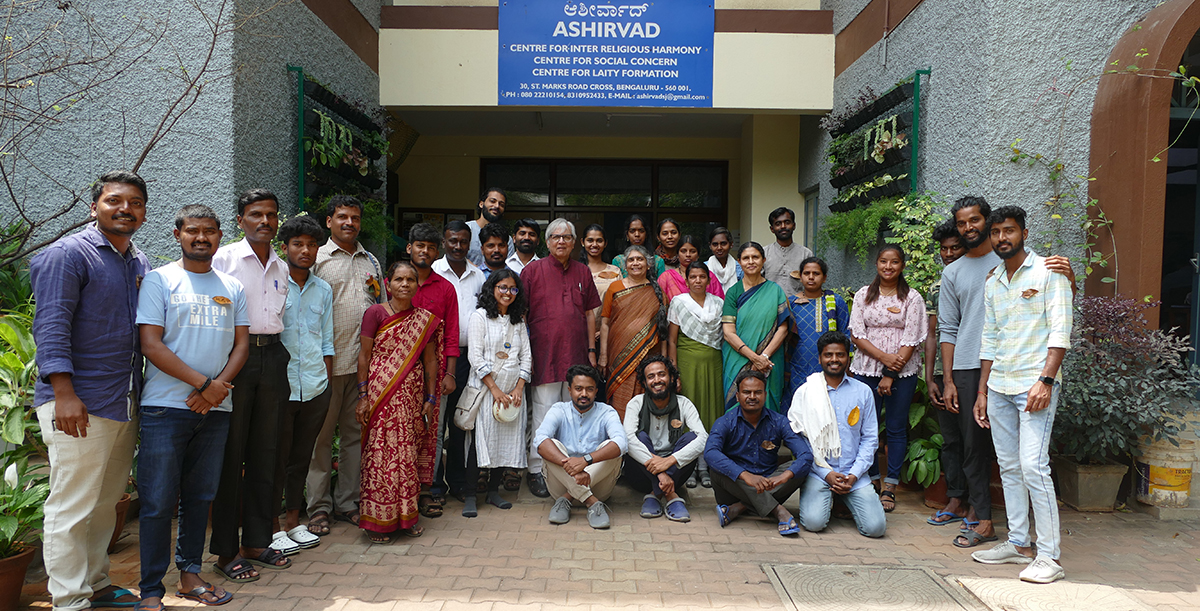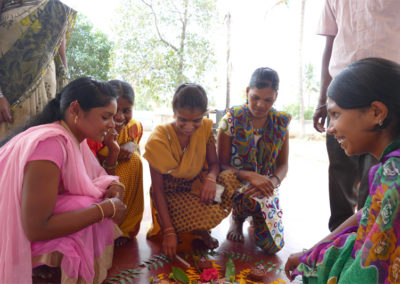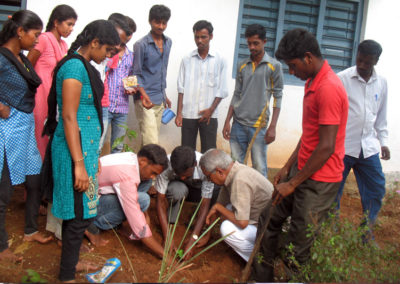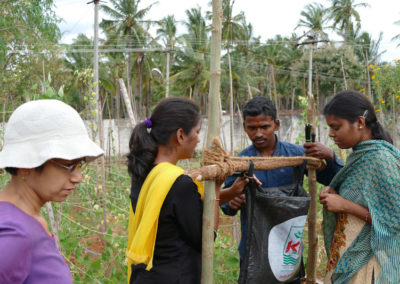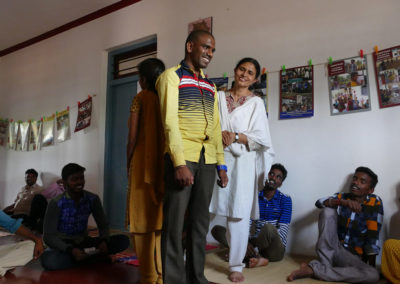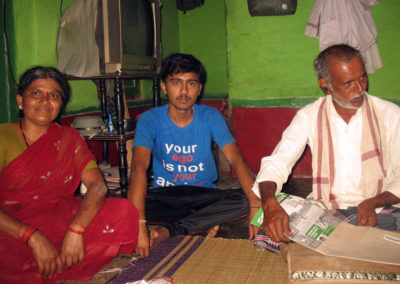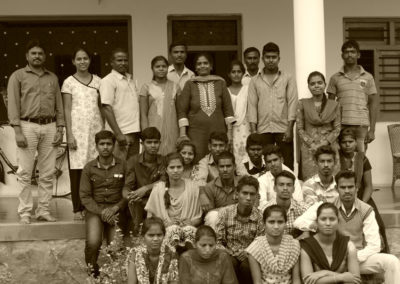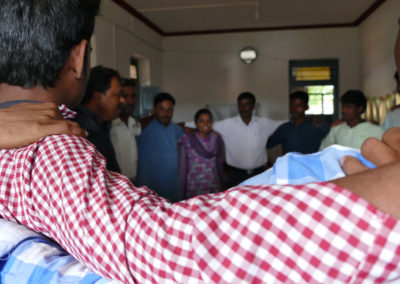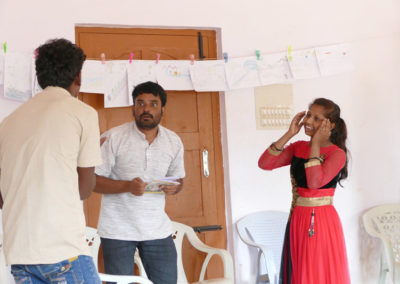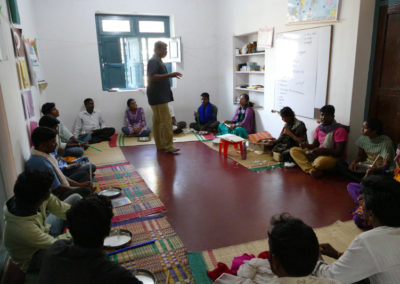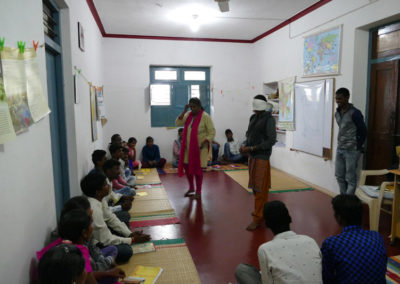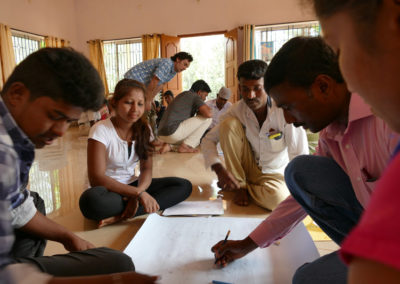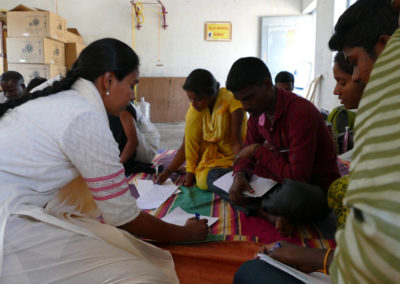INTEGRATED LEARNING PROGRAMME
SAMAGRAHA KALIKE KARYAKRAMA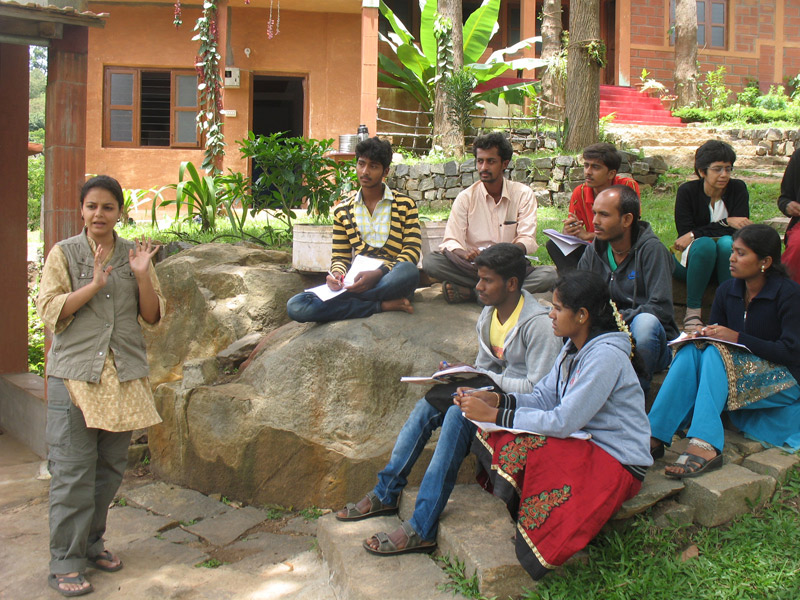
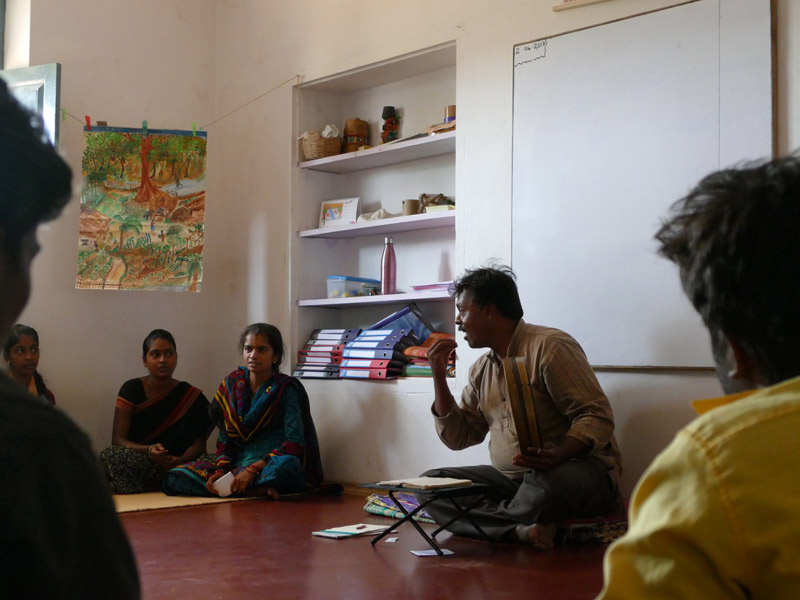
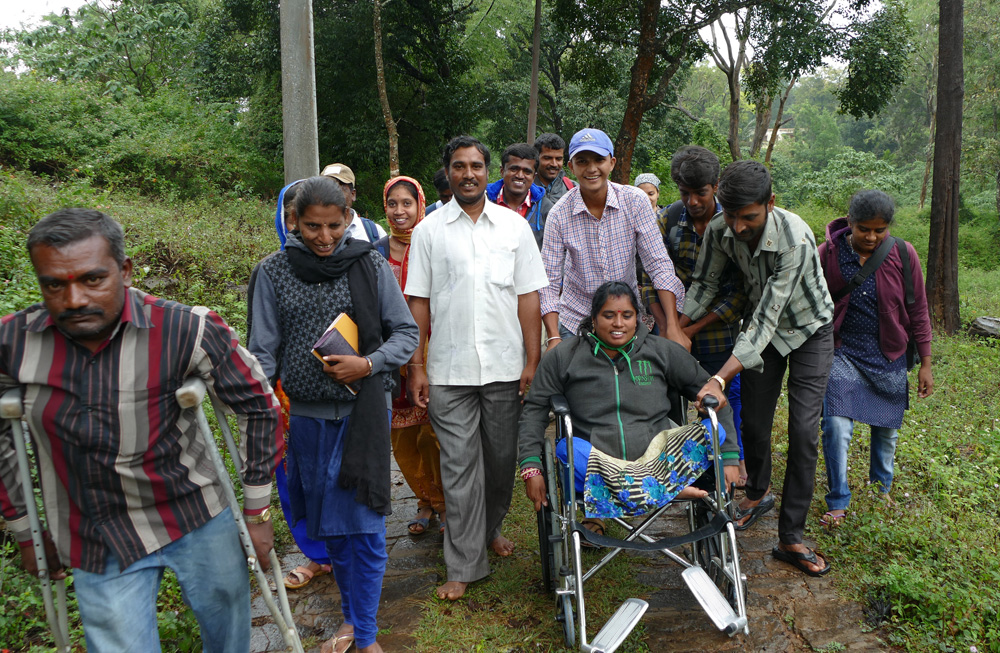
The Sixth batch of youth learners joined the course in July and completed it in December 2018. This lovely and enthusiastic batch included youth from two other districts. Plans are to develop the ILP into a residential programme and to include more youth from other districts. Most of the alumni are involved in rural and agricultural activities.
A comprehensive learning programme for rural youth requires pedagogies that integrate issues of sustainability with the abilities to engage with multiple knowledge forms, technologies, capital , citizenship, society, and labour.
SIX batches of the course have been completed.
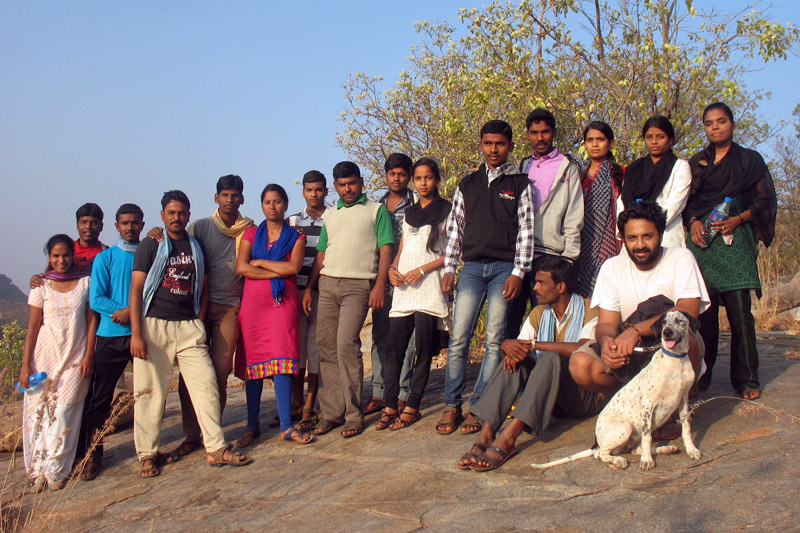
“Hesitation and fear have gone. Self-confidence has grown. It has been possible to develop characteristics of friendliness and co-operation.”
“Intellectual abilities to question, think about new issues, and to understand have been developed.”
“In school, learning was for marks. Learning about our lives was not possible. I had no opportunity to share the hardships I had experienced during three years of working after college. At that time life was only for money. But here (samagraha kalike) I have learnt what I did not learn in school and college. It has taught me about life and its aims.”
“When I shared what I had learnt during the programme, with my family and friends, they were very surprised and happy.”
“Instead of going to unseen places and working there, it is better to work in one’s own village”
“I learnt that instead of text-book learning, we can learn more about changing our lives through non-book learning”
“I now realise all the hardwork that women in the family do. I have learnt to bring water and I now help in the house”
“I eagerly await going to the ILP classes…just like waiting for the television serial”
Several parents expressed views about the impact of the ILP on their children:
“I was concerned about him wandering around…now I see that he is focussing on land and showing some interest in cultivation work”
“ She was a shy and introverted girl and is now talking to people including strangers”
“She went to the ration shop and asked why we were not getting rations. They had to give us our books and now we get coupon (ration) rice. This was possible only because she has gone to the course in Nagavalli.”
Democracy Workshop at Nagavalli: Feb 2023
